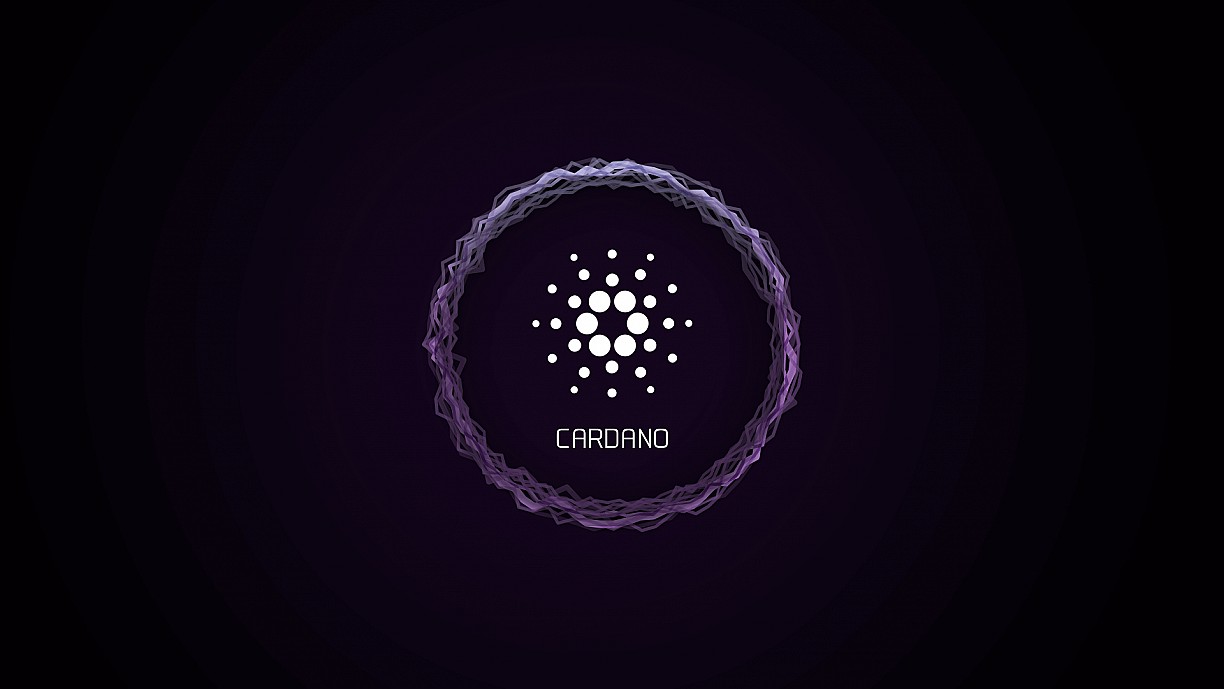Cardano’s Big Upgrade: Chang Hard Fork Could Skyrocket ADA Price
26.07.2024 16:15 1 min. read Alexander Stefanov
Cardano is gearing up for a transformative upgrade with the upcoming Chang Hard Fork, which promises to significantly impact the ADA token and its community.
The Chang Hard Fork, a key event for the Cardano network, is eagerly awaited. The update aims to boost community engagement and introduce new features, with node 9.0.0 already 33% complete and the rest pending.
🚨BREAKING:#Cardano Chang hard fork node 9.0.0 is now at 33%.
We need 70% in order to initiate the fork.
In addition, blocks are at 19% reporting on the hard fork version.
Let me explain why you should be paying attention. 👀
Cardano Chang Hard Fork is a monumental… pic.twitter.com/tgN3PEc43H
— Cardano DApp ₳nalyst (@TheDAppAnalyst) July 25, 2024
This upgrade is expected to enhance Cardano’s governance by introducing advanced voting and treasury systems, allowing all ADA holders to influence the network’s direction.
The hard fork is anticipated to be a major shift in Cardano’s approach to blockchain technology.
Analysts are predicting that the Chang Hard Fork could lead to a substantial rise in ADA’s value, with forecasts suggesting it might reach between $1 and $10.
Dan Gambardello views the update as a potential catalyst for significant price movement.
-
1
BNB Chain Boosts Transaction Speed and Stability with New Upgrade
30.06.2025 8:00 1 min. read -
2
Nasdaq-Listed Firm Targets HYPE, Solana, and Sui for Reserve Strategy
27.06.2025 19:00 2 min. read -
3
Eclipse Labs Bans Team from ES Token Airdrop to Prevent Insider Abuse
26.06.2025 21:00 1 min. read -
4
Chainlink Bounces From Key Support, Eyes Breakout From Downtrend
29.06.2025 17:00 2 min. read -
5
Binance to Delist Five Tokens on July 4
02.07.2025 20:00 2 min. read
Standard Chartered Becomes First Global Bank to Launch Bitcoin and Ethereum Spot Trading
Standard Chartered has taken a major step into the cryptocurrency space, becoming the first globally systemically important bank to offer spot trading for Bitcoin (BTC) and Ethereum (ETH) to institutional clients.
XRP Price Prediction: XRP Soars Over 30%, Can it Hit $10 in this Bull Run?
The total crypto market cap has hit a staggering $3.89 trillion, with bullish momentum surging as Bitcoin trades at new all-time highs above $120,000. Among the standout gainers is XRP, which has jumped 31% in just the past seven days, drawing attention from traders, analysts and long-term holders alike. With XRP regaining ground and positive […]
These Blockchains are Quietly Heating up—Sonic Leads With 89% Address Growth
According to on-chain analytics firm Nansen, several blockchain networks are witnessing a sharp rise in user activity, led by Sonic, which recorded an impressive 89% growth in active addresses over the past 7 days.
These Are the Most Trending Altcoins Right Now, According to CoinGecko
Crypto analysis platform CoinGecko has revealed the most talked-about altcoins in recent hours, highlighting a surge in investor interest across a range of sectors—from meme coins to DeFi and gaming tokens.
-
1
BNB Chain Boosts Transaction Speed and Stability with New Upgrade
30.06.2025 8:00 1 min. read -
2
Nasdaq-Listed Firm Targets HYPE, Solana, and Sui for Reserve Strategy
27.06.2025 19:00 2 min. read -
3
Eclipse Labs Bans Team from ES Token Airdrop to Prevent Insider Abuse
26.06.2025 21:00 1 min. read -
4
Chainlink Bounces From Key Support, Eyes Breakout From Downtrend
29.06.2025 17:00 2 min. read -
5
Binance to Delist Five Tokens on July 4
02.07.2025 20:00 2 min. read


